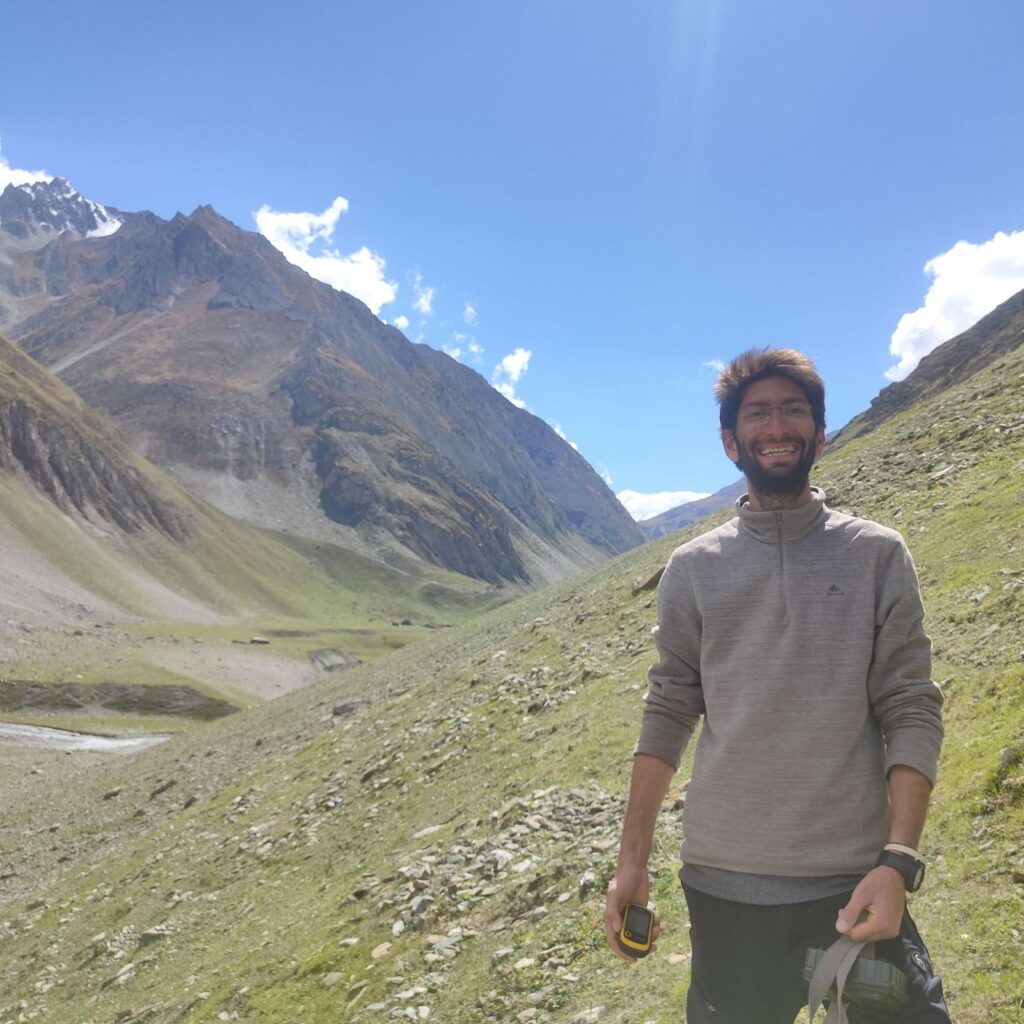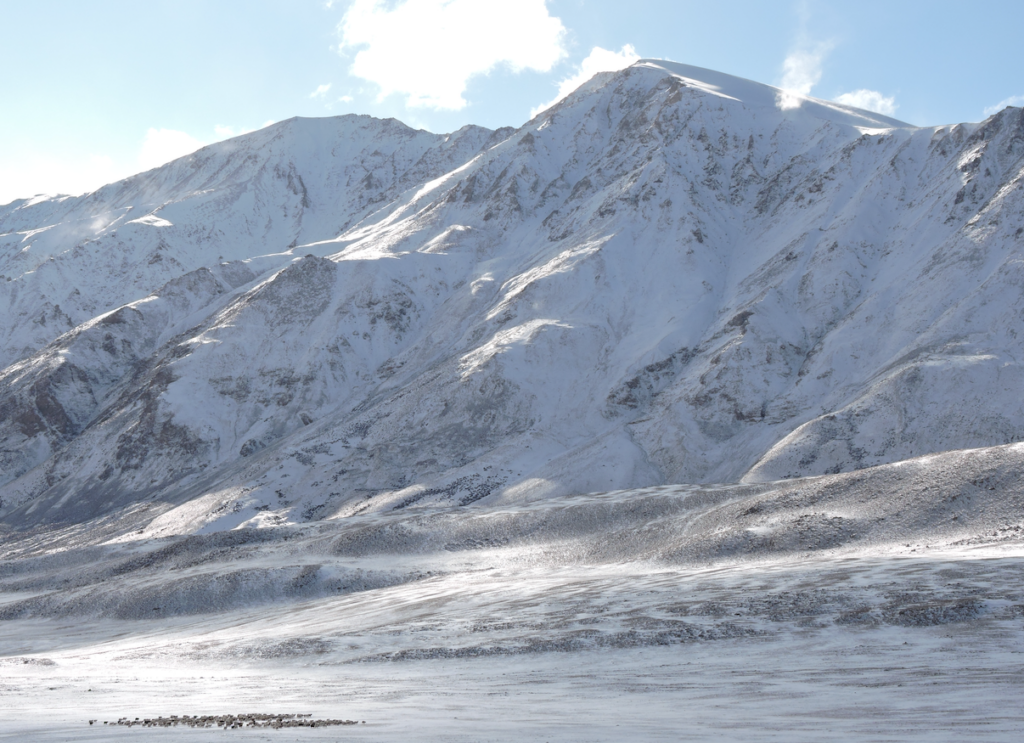I was born in Kashmir, a region in northern India Himalayas to an upper middle-income family. The privilege of being born into an economically stable family in a politically hostile area meant I had the luxury of shifting to Mumbai, a metropolitan city in India. This is where I got educated in a private school, eventually doing my undergraduate degree at an “elite” institution, McGill University in Canada, on Wildlife Biology. This was before starting my PhD at another “elite” institution, the University of Bristol, UK. My entire academic journey has been in an English language-dominated context.

All throughout my time as a schoolboy and even whilst I was doing my undergraduate degree, I kept visiting my home in Kashmir. This is where for me “nature” existed in its splendour, an escape from the concrete confines of my city home. Often my parents and I would go on treks through the mountains searching for wildlife, particularly mountain ungulates – species that not only came to symbolize the mountains, but also home for me. However, finding wildlife in the Kashmiri Himalayas was always a task, as wildlife is predominantly at relatively low densities here. Also, almost all valleys within the Kashmiri Himalayas are visited by herders (many of them migratory) and their livestock (predominantly sheep and goats). Growing up, to me, these herders came to symbol disturbance, encroachment and the “unnatural” – especially as from my perspective they stood where the “wildlife” should have been.
After my undergraduate degree and just before I was about to start my PhD, I was fortunate to get a job with Nature Conservation Foundation (NCF, a wildlife conservation NGO in India). For over two decades now, NCF has been working in the trans-Himalayan region of India, towards building positive human-nature relations, attempting to work towards coexistence between people and wildlife. Through my time working with them, I came to realize that livestock herders in the Himalaya, much like most other rangelands of the globe (particularly in so-called “developing countries”) are found across these areas almost ubiquitously. Not only are these people at the centre of human-wildlife interactions, they are also (often) disproportionately affected by conservation action and policy. I quickly came to realize the mountains I grew up thinking of as “pristine” and “untouched” landscapes, were for millennia, systems where human and wildlife have been inextricably linked – albeit rapidly changing in our contemporary world. This made me aware of the fact that domestic animals and people should be recognized as integral components in contemporary ecosystems. My PhD work, spread across Kazakhstan and India, tried to address research questions at each study site whilst trying to be inclusive of the pluralistic value systems that may exist there.
All of this background means that I have multiple origin stories in the places where I work. I come with a training in and love for ecology, in the places I worked I am inevitably an “outsider” to some degree. Kazakhstan is a country I had visited once before the start of my PhD and I don’t speak the language, nor did (or indeed still do) I know much about its cultural and ecological context. The Indian trans-Himalayan sites, even though so close to my place of birth and a region for which I understand and speak the local languages, there still are contextual layers of socio-cultural and ecological subtleties that are far more nuanced that the realities that I knew of while growing up.

Now, a lot of my work focuses on the High-altitude Changthang plateau of Ladakh, North India. Here, I work with the nomadic Changpa communities through various models of participatory research to lead projects of co-inquiry such that knowledge from this can help delimit co-designed conservation interventions that are contextually appropriate. All throughout my work, I have been incredibly lucky to work with several local researchers and conservationists who, to me, are the driving force of global research and conservation but often get overlooked in an English-dominated research/conservation world.
Beyond research and conservation, I love climbing mountains, playing football and being in nature. Someday in the future I would love to rear sheep and goats and the roam the mountains with them!